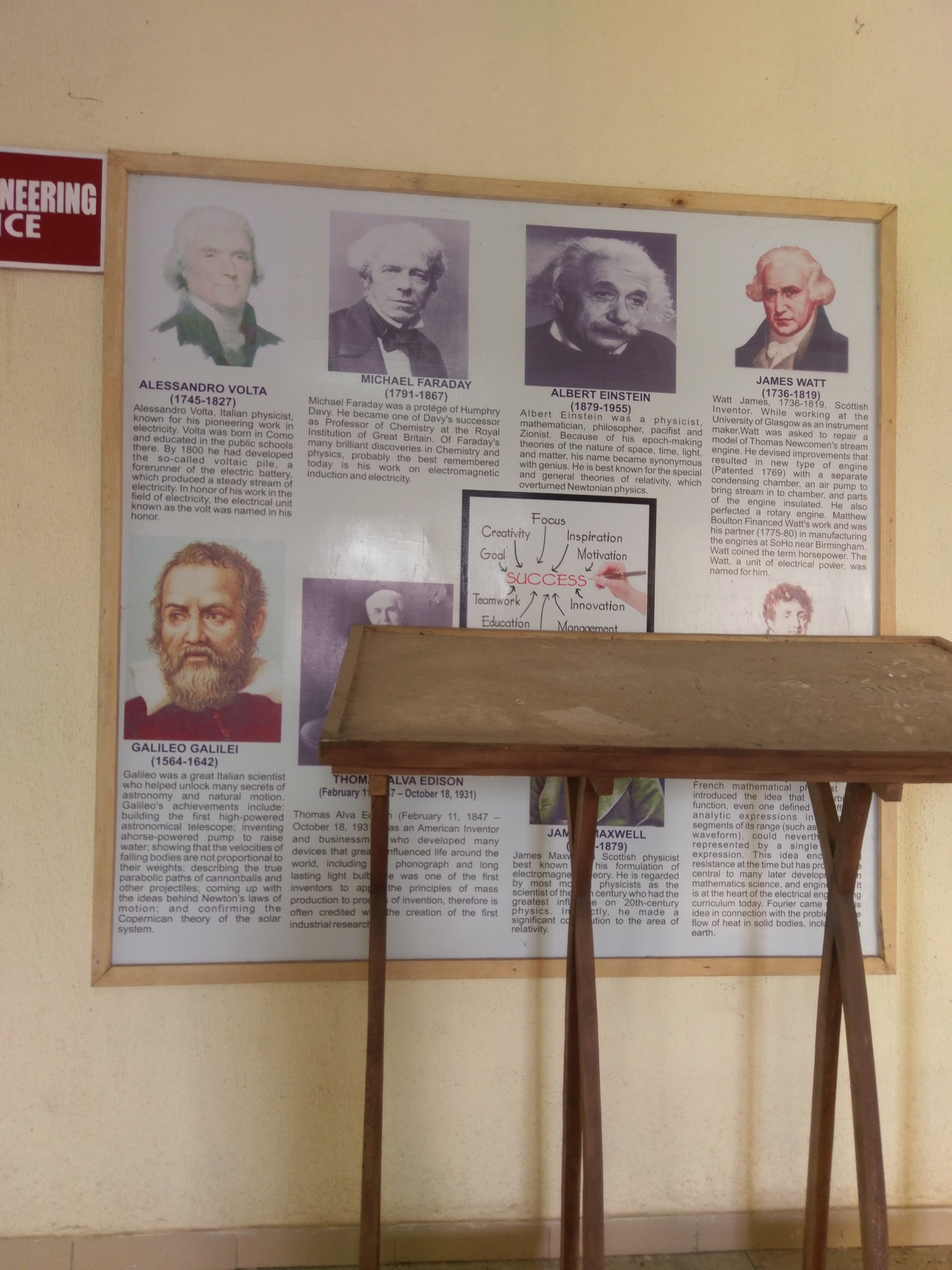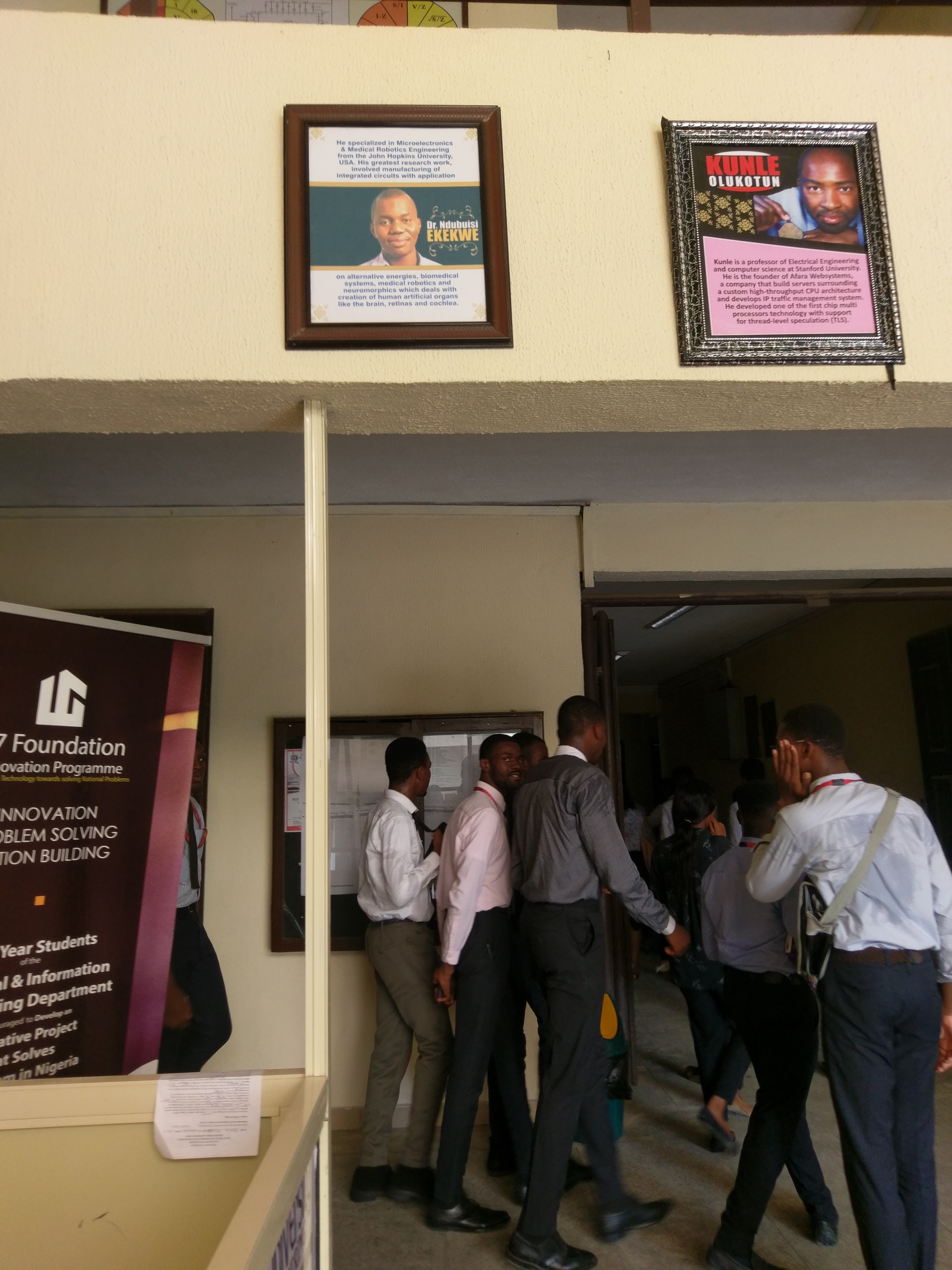As Tekedia evolves, we do think it needs a logo change. The one on the header is the new logo, from this.
Hope you will like it.

Netflix needs subscriptions because it does not have prior advertising infrastructure. YouTube does not need to follow it to subscription. YouTube has a business built on adverts and the inventory is assured through the Google world; simply, it needs to stay on ad-supported business. That has been my thesis because YouTube with the population of a continent, and regular supply of ad inventory, it can thrive on adverts without subscriptions. So the news that YouTube is moving towards an ad-supported model for its Originals is in order. Over time, YouTube will outperform any subscription-driven model in its ecosystem.
YouTube Chief Business Officer Robert Kyncl reaffirmed the company’s plans to take its Originals out from behind the paywall, making them free and ad-supported.
Kyncl was speaking at YouTube’s annual Brandcast event, where the Google-owned company lays out its plans for advertisers (with lots of razzle-dazzle provided by musicians and YouTube stars). Since last fall, YouTube has acknowledged that it’s moving toward an ad-supported model for its Originals, and tonight, Kyncl said that all original programming moving forward will have an ad-supported window
YouTube was built on aggregation – that has worked excellently and should stay that way. The addition of Originals should not change that fundamental construct.
The National ID project in Nigeria has many issues. I just hope one day, in this century, it can be celebrated for being ready and optimal. A Nigerian technology firm, Chams Plc, has written the federal government to persuade MasterCard to pay $100 million compensation to a consortium, Chams Consortium Ltd, for losses over the national identity card project. That money is largely for breach of contract.
A letter signed by Chams Consortium Ltd chairman, Mr. Demola Aladekomo, and addressed to Vice President of Nigeria, Yemi Osinbajo, had alleged that Chams Plc, the majority shareholder in Chams Consortium Ltd (CCL) which include Nextzon Ltd, brought Mastercard as one of its technical partners on the national ID project. The consortium had won the contract. But after bringing in Mastercard, the global payment giant went behind and hijacked the project. Part of the letter reads…
On 18 November 2012, CCL also entered into a Customer Business Agreement (CBA) with MasterCard setting out obligations of both parties. The CBA contained several clauses including non-disclosure and non-compete clauses.
Chams exposed the entire architecture to MasterCard while working jointly to integrate MasterCard’s payment functionalities into the architecture of the National ID project. In the course of these developments, MasterCard received confidential information from Chams as contemplated under the CBA.
CCL also formally introduced MasterCard to NIMC as its technical partner. Prior to this introduction, MasterCard and NIMC had no business relationship but each had existing relationships with CCL. CCL granted MasterCard access to NIMC as a signed-on partner under the concession agreement. Thereafter, MasterCard started having secret meetings with NIMC without informing, inviting, involving or updating Chams who brought them into the scene as partners.
As a product of these meetings, MasterCard eventually entered into an agreement with NIMC to the exclusion of Chams Consortium, Chams Plc and Nextzon. This agreement was a direct breach of MasterCard’s CBA obligation not to compete with CCL or use any information disclosed under the CBA for purposes other than the CBA’s implementation.
To our surprise and disappointment, MasterCard went on to collude with our client, National Identity Management Commission (NIMC), to frustrate the concession won by Chams.
Within two years, CCL under the leadership of Chams Plc invested huge financial resources setting up all the infrastructure needed to implement a successful National ID project for 100 million Nigerians. These facilities include 6,000 enrolment stations in six ChamsCities and all local government areas all over Nigeria which employed and created jobs for more than 800 Nigerians.
This investment was eventually wasted and frustrated by MasterCard maliciously” he said, adding that CCL also “established the largest card personalization centre in the world then located in our Abuja office capable of delivering 1.75 million cards a day. With this plant, it would have taken us less than 100 days to deliver ID cards to 100 million Nigerians.
“It is noteworthy that this same plant was visited by the National Council of State led by then General M. Buhari, two past Presidents of Nigeria, 29 Governors (including Asiwaju Tinubu, Peter Obi and Goodluck Jonathan, amongst others). This plant was also frustrated by MasterCard. “The largest data centres in Nigeria by 2009 with identity and payment switching facility designed to manage 100m Nigerian Identities and their financial transactions. The IBM and HP data centres were in four locations in Nigeria employing more than 300 Nigerians. Again, these data centres were frustrated by the malpractices of MasterCard.
“Central Bank of Nigeria granted the Chams group various licenses for prepaid card issuance, switching, mobile banking, Independent ATM deployment, POS deployment etc. purposely for the National ID project. These licences were all frustrated and wasted by Mastercard and the then NIMC DG” Aladekomo added. Urging the vice president to intervene, Aladekomo said efforts to resolve the matter has failed as “MasterCard always responded with the indifference of a huge multinational that believes it cannot be sued by a small local Nigerian company. MasterCard arrogantly told us that with their South African, Singaporean and American lawyers, they can outlast us, resource-wise, in courts.”
According to him, following failed attempts to reason with MasterCard, CCL instructed its Nigerian lawyers, Olaniwun Ajayi LP and UK lawyers, Allen & Overy LLP in June 2013 to take legal action against MasterCard and seek redress on its behalf against the clear breach of confidence and infidelity exhibited by MasterCard against Chams Plc. and CCL. “Because of MasterCard’s deep pockets and threats to outspend us in UK courts, we were persuaded to explore amicable settlement of our case against MasterCard. Our Lawyers sent preliminary letters to MasterCard in that regard. Based on the above, we held a meeting with the then-Director General of NIMC, Chris Onyemenam, a concerned CBN Director, Walter Ahrey and the representative of MasterCard, Daniel Monehin in September 2013 at Hilton Abuja
. “DG NIMC, Chris Onyemenam at that meeting asserted and confronted Daniel Monehin that MasterCard failed to disclose to NIMC the existence of the MasterCard/Chams Agreements. Chris specifically asked Daniel Monehin and MasterCard to go resolve the betrayal issues with Chams, accusing MasterCard of subverting Nigeria and Chams”, he said.
The CCL chairman, said “In show of remorse following Onyemenam’s accusation of MasterCard, an onerous draft Technical Support Agreement (TSA) was sent by Daniel Monehin of MasterCard to Chams Plc. for execution in December 2013 offering a paltry sum of $500,000.00 against the more than $100m CCL had invested on the National ID project.
An aggrieved Aladekomo further stated that the terms of the draft TSA were entirely one-sided in favour of MasterCard, designed to preserve MasterCard’s acquired monopoly of the National ID project and reflective of the disregard some international corporations exhibit towards indigenous companies.
“We expected that MasterCard would have approached us to discuss and negotiate an amicable settlement that reintegrates CCL into the National ID project and compensates for lost earnings. MasterCard chose not to do this but instead decided to railroad us into signing the TSA. Influenced by its apparent profits from its unlawful dealings with NIMC, MasterCard has rebuffed our attempts to amend the TSA,” he stated.
Efforts to reach Omokehinde Adebanjo-Omojuyide, Vice President & Area Business Head for West Africa,Mastercard were not successful as calls, text and WhatsApp messages to her mobile line could not be replied as at the time of going to press.
If you visit the electrical & computer engineering department of the Johns Hopkins University, one of my books – Nanotechnology and Microelectronics – is displayed in a glass casing for visitors. I had written the book during my final year in the university – and it won the IGI Global Book of the Year award.
Today, someone just shared pictures that Africa’s finest private university and Nigeria’s leading university on emerging technology with highest academic research impacts, Covenant University Ota, has my framed photo in the university’s engineering building. In one section, they have photos of the past – Newton, Voltaire, Einstein, etc. Then, yours truly with global legends!
Thank you Covenant University.


MTN Nigeria Communications Plc is about crossing the line to begin trading on the Nigerian Stock Exchange. The first has finalized the registration of the tradable ordinary shares: “I am excited we have achieved another milestone in our listing process and want to thank the SEC and the Corporate Affairs Commission (CAC) for supporting us through the process. We have now begun to engage with the Nigerian Stock Exchange (NSE) to complete the listing process,’’ MTN Chief Executive Officer, Ferdie Moolman said.
MTN Nigeria Communications Plc (MTN) on Tuesday announced that it had successfully completed the registration of 20,354,513,050 ordinary shares of N0.02 each with the Securities and Exchange Commission (SEC).
The MTN Chief Executive Officer, Ferdie Moolman, made this known in a statement in Lagos.
According to him, the completion of this process sets in motion the next steps in MTN’s intended listing by introduction on the Nigerian Stock Exchange (NSE).
“I am excited we have achieved another milestone in our listing process and want to thank the SEC and the Corporate Affairs Commission (CAC) for supporting us through the process.
“We have now begun to engage with the Nigerian Stock Exchange (NSE) to complete the listing process,’’ he said.
Mr Moolman said that MTN was guided by a vision to lead the delivery of a bold new digital world, saying that MTN Nigeria’s leadership position in coverage, capacity and innovation had remained constant, since its launch in 2001. (NAN)